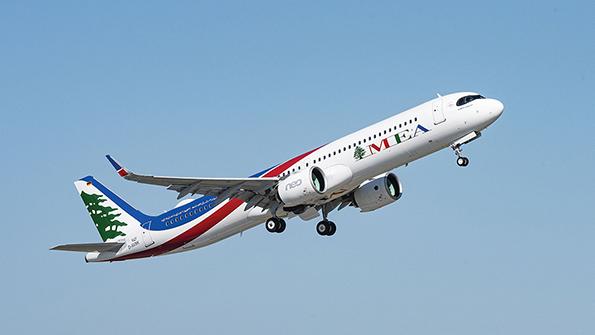
Ask the Editors: The Aviation Week Network invites our readers to submit questions to our editors and analysts. We’ll answer them, and if we can’t, we’ll reach out to our wide network of experts for advice.
How is the COVID-19 crisis affecting narrowbody deliveries?
Aviation Week Executive Editor, Commercial Aviation Jens Flottau responds:
The pandemic already has had a major effect on airlines’ ability to take narrowbody deliveries. Airbus has cut production from 60 units per month to 40 but is still overproducing, with airlines taking just 31 deliveries of A220 and A320neo family aircraft in June. Airbus CEO Guillaume Faury believes the gap between production and deliveries will remain in place until the end of 2021. Airbus is very aware that scaling back further could be a fatal blow to its supply chain.
Boeing is not delivering any narrowbodies because of the 737 MAX grounding but plans to resume a small stream of perhaps five deliveries per month toward the end of the year, increasing to around 30 per month in 2022.
At the low end of the market, Embraer deliveries also have been severely impacted.
Essentially all airlines and lessors are trying to defer or even cancel narrowbody deliveries. Some lessors have decided to cancel substantial 737 MAX orders, while Airbus has had to renegotiate deliveries. In general, airlines that have received government support are in a better position to take at least a part of their orders. But carriers in Latin America and some of the large low-cost airlines, such as AirAsia, are in an even more difficult position: they have much more limited, if any, access to state support.
Most agree that production rates will not grow beyond current levels before 2022, with the exception of the reintroduction of the MAX. Orders have dried up, and an uptick in demand is not expected before next year—at the very earliest. But given Airbus’ and Boeing’s large backlogs, securing more orders is not their primary concern. Rather, they are focused on protecting commitments already placed by airlines and lessors.





